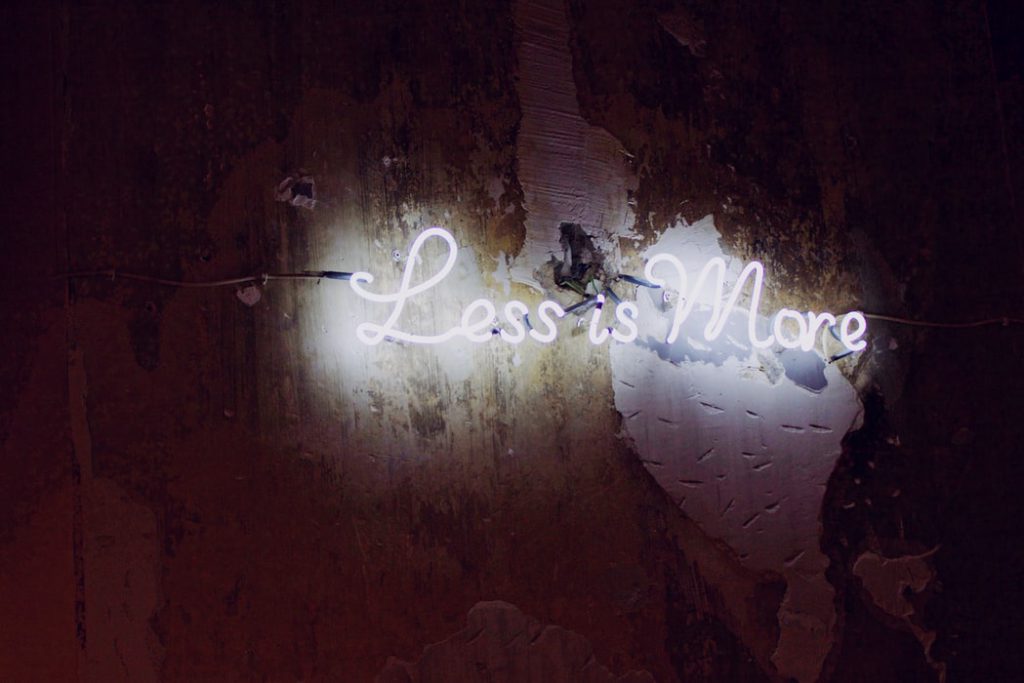Christmas is one of the annual highs for a lot of kids, but how did we get to the competitive consumer frenzy that passes for normal now? It is one of a few annual extravaganzas that have pivoted from the marking of a religious date, to an arms race to keep up with the….who exactly?
This current Christmas “tradition” is creating a whopping environmental nightmare. In the UK 125,000 tonnes of plastic packaging will be thrown out, rather than recycled, 83 square kilometres of wrapping paper will be thrown out or burnt, enough to gift-wrap the island of Jersey, and 150 million cards and packets are delivered during the run up to the big day. This does not even begin to take account of how many finite resources are wasted on manufacturing and supplying new toys, games, books and tech which could easily be second-hand. It’s madness!

We must, for the sake of where we live, change our culture from conspicuous consumerism to conscientious consumerism.
What is the significance of the gift? “It’s the thought that counts” is a phrase we all know but do we put it into practise…. I encourage (!) the kids to make cards and edibles for their friends when we can, but like everything it’s all about a balance, after all, everyone enjoys the luxury of opening a present and having something new to do, read or use, especially if it’s well thought out.
The problem is that no one “needs” a pile of stuff, but we all “need” to know we are loved and someone has actually thought about us as an individual.

Time and care are the greatest gifts and you obviously cannot wrap those up, but you can give something that represents these sentiments. A nice bottle in a picnic basket to use together when lockdown is over and the sun is out, plants to grow, two tickets for an event (or an IOU in current climes!) a puncture repair kit for an old bike to get out and ride with friends. It does not need to be big, shiny or expensive, just considered.

Is this cultural shift something we can achieve and when is too young to turn the art of giving and receiving into something more than an object exchange? Two children I know, on their 10th birthday this year elected not to have any presents from their friends, but asked instead for donations to a children’s charity. I must admit to being surprised, but then thought “wow!”, this is the beginning of what needs to happen. Perhaps our kids will be the pivotal generation.
After all, back in ancient Rome, thanks were given to the agricultural god in the festival of Saturnalia and private gifts were exchanged, etiquette dictated that the lowlier the gift, the stronger the bond of friendship it was said to represent!
